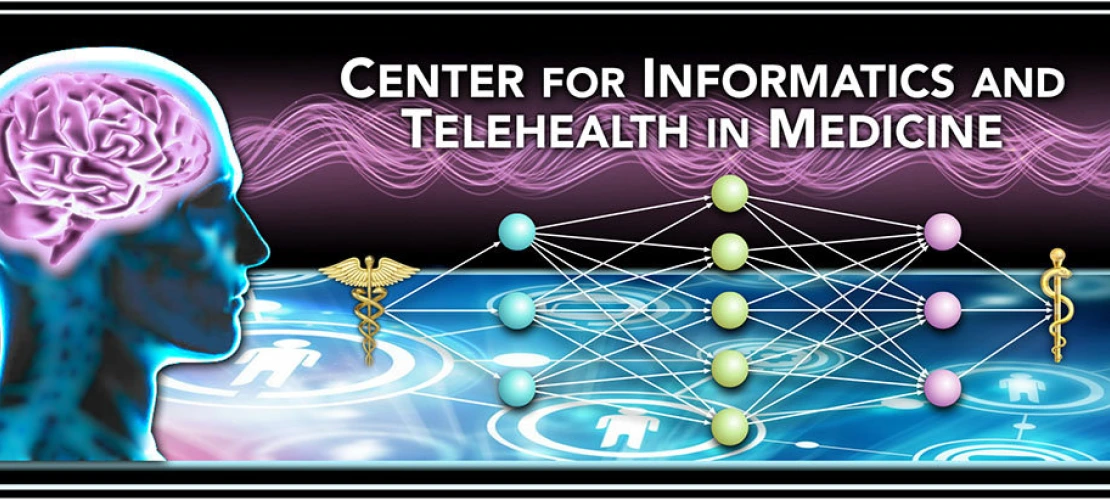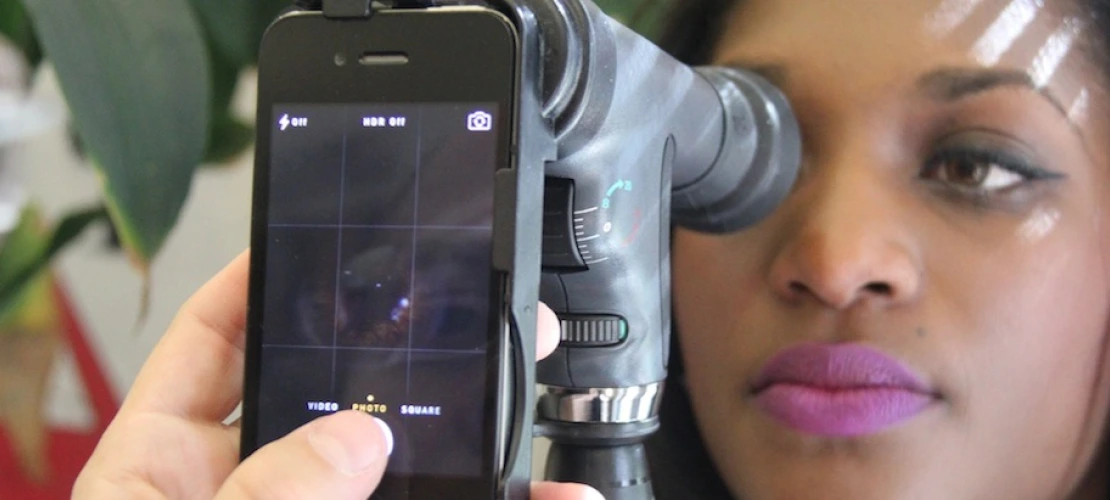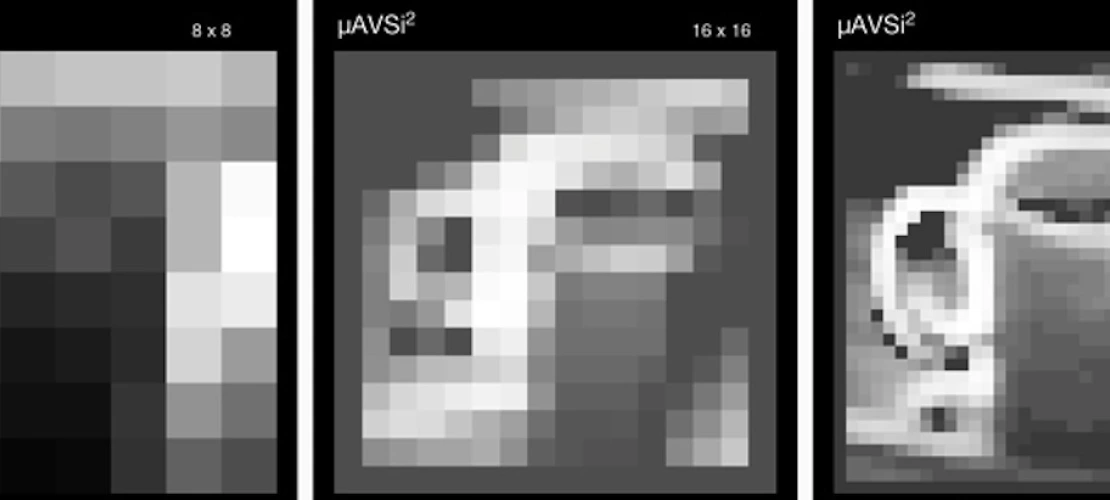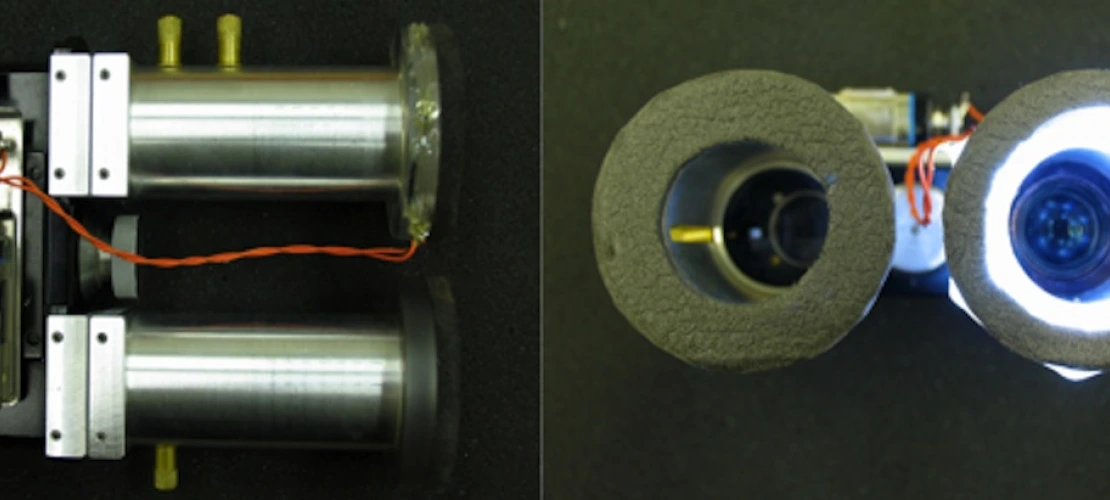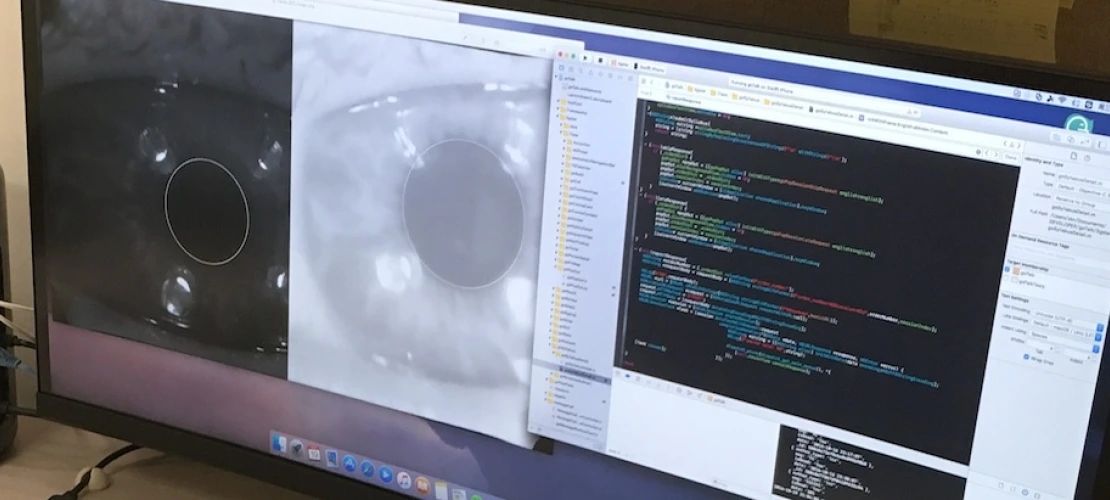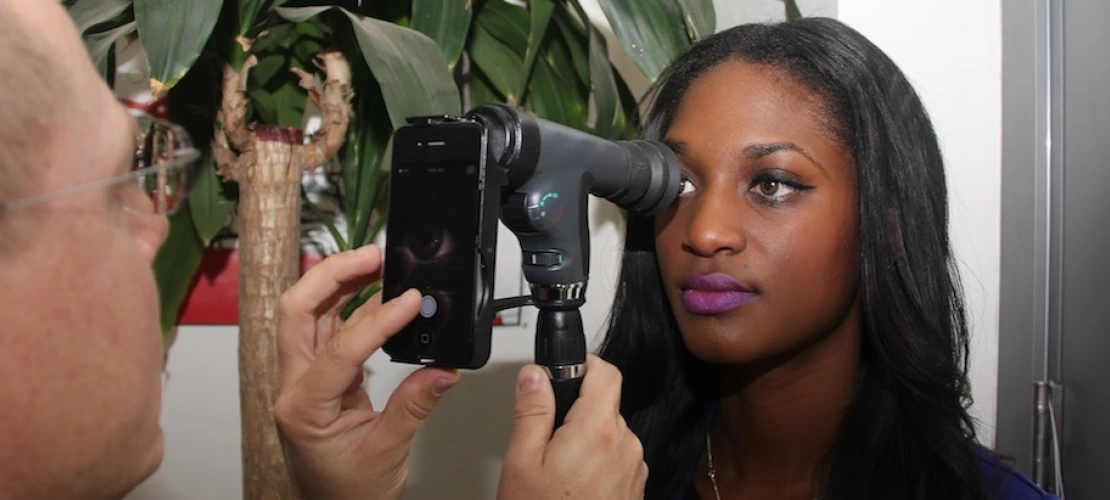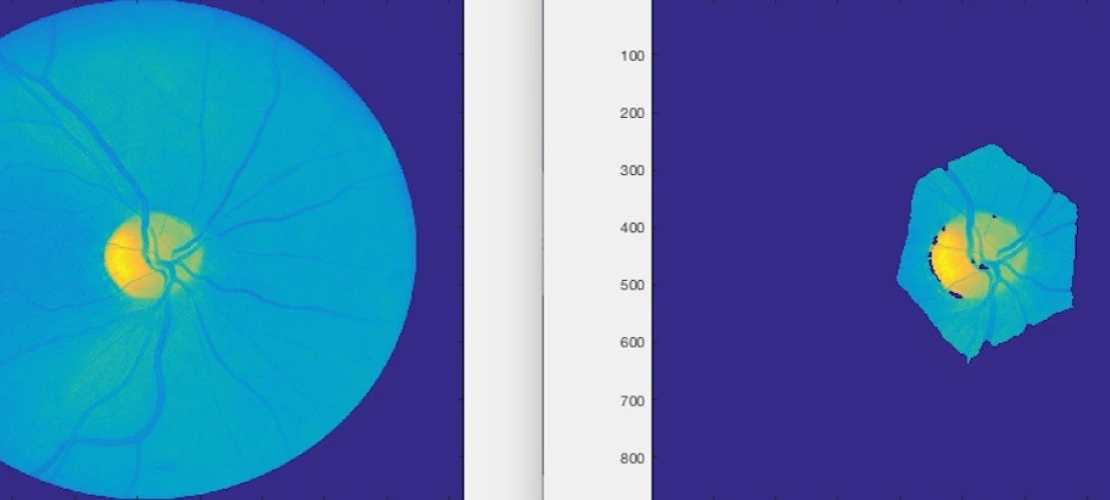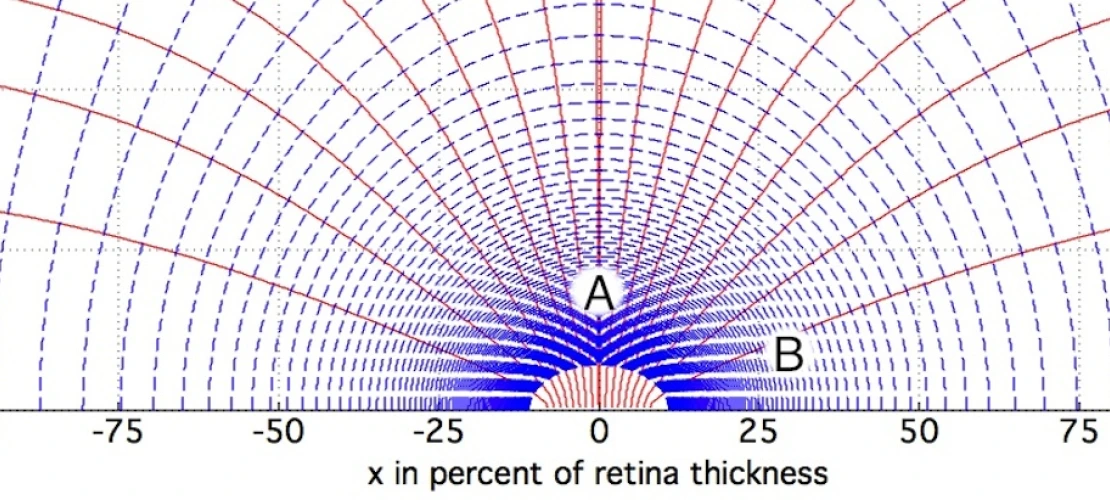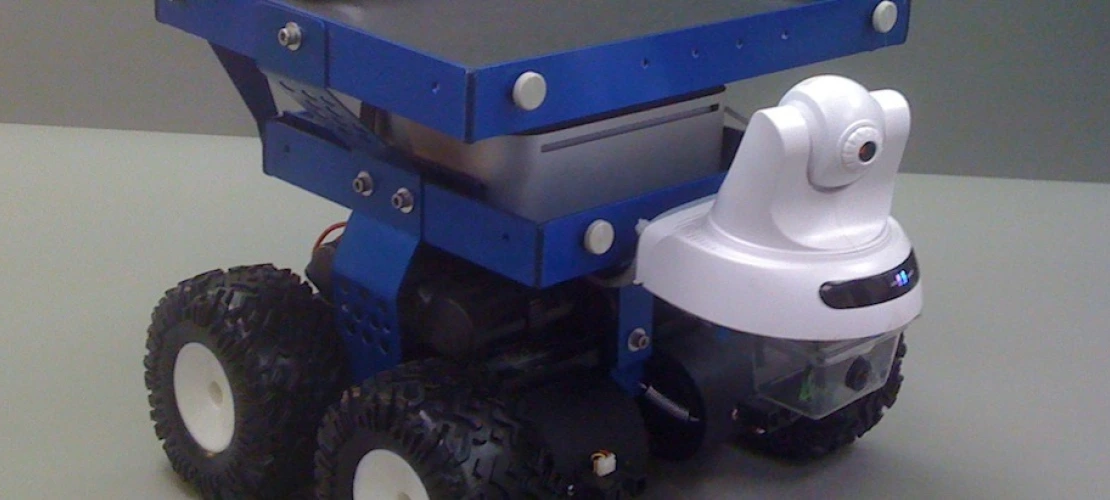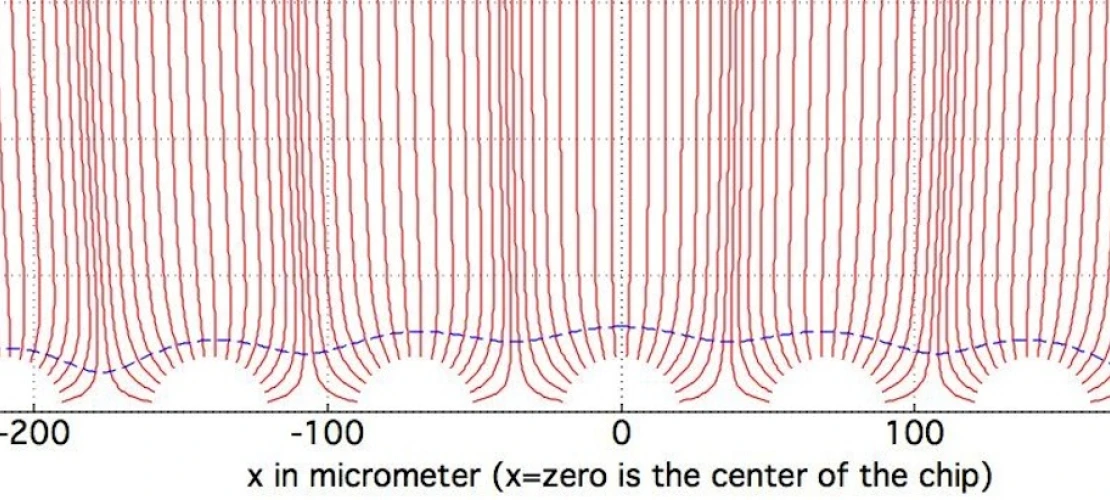Research Charter of the Center for Informatics and Telehealth in Medicine (InTelMed): Overview
Digital technology-based healthcare is regarded as a natural and ultimate choice for outpatient settings due to its low cost, high accuracy and continuous monitoring and tracking capabilities. Enterprises are increasingly interested in informatics and telemedicine since it is the backbone of a completely new market, namely “digital wellness” that features a combination of digital technology and healthcare, with the goal of providing affordable, high quality healthcare. This requires execution of new, trans-disciplinary research to devise medically effective and reasonable solutions.
In line with the 4th Industrial Revolution, the InTelMed Center will devise and deploy novel biofeedback-controlled devices by integrating wearable sensors, bi-directional data exchange, cloud-based data analysis, health/disease status modeling and prediction, combined with prescribed intervention/treatment onto human smart service platforms. From an end-user perspective, usability, wearability, and appearance are key design factors. From a technology viewpoint, high data accuracy/fidelity (i.e., medical-grade data), real-time bi-directional health data streaming, real-time data analysis, and health status prediction are critical components to create successful biofeedback-based products. Biofeedback-controlled human smart service systems, as pursued by the InTelMed Center, have the potential to improve health/treatment outcome for our nation, and, subsequently, decrease outpatient healthcare costs, which constitute the majority of the overall healthcare spending.
The InTelMed Center will focus on connected devices across the care continuum, such as: primary care, pediatric to elderly care, ambulatory care, emergency care, intensive care, remote monitoring and home-based care.
Currently, the InTelMed Center is focusing on crewmember health aboard orbiting and surface-based lunar space habitats as part of the NASA Gateway and Artemis program and beyond, i.e., Mars.
Research Charter of the Center for Informatics and Telehealth in Medicine (InTelMed): Technical Description
The Center for Informatics and Telehealth in Medicine (InTelMed) is committed to research & development in intelligent biofeedback-controlled monitoring and intervening wearable sensor technologies. In particular, InTelMed is concerned with physiological and psychological status and change identification through real-time data acquisition, mining, and analysis. Moreover, the Center focuses on the mitigation of physiological and psychological changes through biofeedback-control for real-time management and intervention. This requires a deep understanding in neurology, mechanisms of stress development, emotion changes, and physiological variations. As such, InTelMed relies on trans-disciplinary collaboration including psychology, physiology, biomedical and electrical engineering, and computer science. Lastly, the Center focuses also on the infusion of newly developed technologies into relevant user groups, such as patients, athletes, soldiers, firefighters, policemen, pilots, astronauts, and business professionals who work in stressful environments.
Continued advances in mobile platform hardware (e.g., smartphones and smart watches) have increased the capability to provide high quality physiology data, local real-time data analysis, and robust connectivity. Such handheld capability is of significant interest, e.g., to the field of mental disorder treatment and stress management. Inherent portability, connectivity, and affordability would allow use by minimally trained personnel and deployment to areas heretofore considered inaccessible or impractical. Software will be essential for enabling real-time evaluations, tele-diagnosis, and biofeedback-controlled interventions.
Biofeedback-controlled real-time intervention – paired with wearable sensor technologies, prescribed treatment, and data analysis – forms the backbone of “digital wellness,” i.e., digital technology-based healthcare. Specifically, biofeedback-controlled intervention will help:
- Improve accuracy and efficiency: by harnessing new technologies, such as modular low-power wearable sensors, mobile platforms, and cloud or server computing performance, including, but not limited to, communication reliability, data security, and energy efficiency to maintain cutting-edge digital wellness infrastructures.
- Manage scalability and complexity: by creating a network of healthcare through automatic biofeedback controls and precision/custom-interventions that can help hundreds of thousands of patients simultaneously.
- Provide adaptability and agility: by ensuring adaptive and real-time responses to react promptly to patient needs.
In support of the above, the InTelMed Center engages the following emerging technologies as the essential prerequisites for digital wellness:
- Biofeedback-controlled monitoring and intervening wearable sensor technologies.
- Physiological and psychological status and change identification through real-time data acquisition, mining, and analysis.
- Analysis of physiological and psychological changes both in the absence and presence of substance use (e.g., medications, drugs, alcohol), and due to stress.
- Mitigation of physiological and psychological changes through biofeedback for real-time management and intervention.
- Cloud-based temporal analysis and correlation models to evaluate the impact of treatments, work environments, team interactions, and environmental changes on the physiological and psychological health and performance.
- Clinical coach intervention with patients via mobile health technologies to ensure improved wellness through behavioral change.
- Coaching and training program designs for athletes, soldiers, firefighters, policemen, pilots, astronauts, and business professionals who work in stressful environments.
The charter of the InTelMed Center readily applies to other fields of healthcare, such as, but not limited to, primary care, pediatric to elderly care, ambulatory care, emergency care, intensive care, remote monitoring and home-based care.


